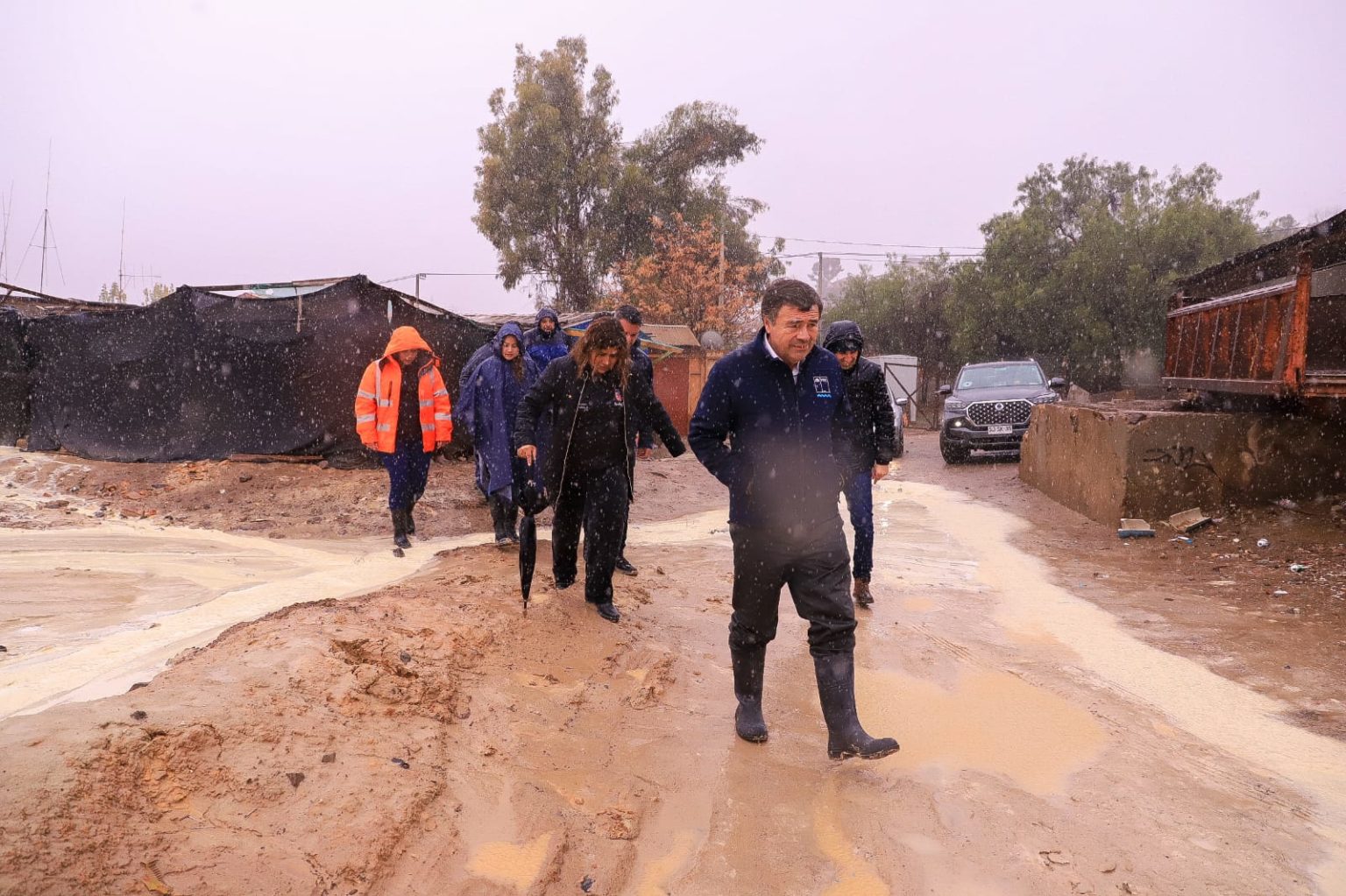Significant Investment Aimed at Enhancing Coffee Production and Commercialization
The Brazilian Ministry of Agriculture and Livestock (Mapa) has announced a substantial investment of R$ 6.8 billion to stimulate the development of the country’s coffee sector. This funding is part of the Coffee Economy Defense Fund (Funcafé) and has been regulated by the recently published ordinances No. 697 and No. 698. The funds, approved by the National Monetary Council through Resolution CMN No. 5.138 on May 23, were detailed in the Diário Oficial da União on Wednesday, July 3.
Wilson Vaz, the Deputy Secretary of Agricultural Policy at Mapa, highlighted the importance of these ordinances: “The published ordinances standardize the operationalization of a record volume of Funcafé resources directed towards financing Brazilian coffee production. We are working to ensure the release of funds to coffee growers and other beneficiaries of the Fund.”
For the 2024 fiscal year, the allocation includes over R$ 1 billion for production costs, more than R$ 2 billion for commercialization, and over R$ 1.6 billion for financing grain acquisition. Additionally, ordinance No. 697 designates more than R$ 1 billion for working capital for soluble coffee and roasting industries and production cooperatives, and up to R$ 30 million for the recovery of damaged coffee plantations.
Distribution and Criteria for Financial Institutions
The funds will be distributed among financial institutions based on criteria set by Mapa. Financial institutions that are part of the National Rural Credit System (SNCR) and authorized to operate Funcafé resources must follow the procedures outlined in a forthcoming public notice from Mapa’s Agricultural Policy Secretariat to become accredited for the 2024/2025 harvest.
Operationalization of the Fund’s Resources
Ordinance No. 698 outlines the criteria for distributing Funcafé resources among interested financial institutions. The criteria include the number of credit operations conducted based on the previous year’s contract between the financial institution and the Ministry of Agriculture and Livestock. Another criterion is the percentage of allocated resources contracted by the financial institution with credit line beneficiaries.
In compliance with recommendations from the Ministry’s legal department, following the regulation of article 79 of the new procurement law (Law 14.133/2021), the call for financial institutions for future contracts will be conducted through a Public Notice of Accreditation and waiver of bidding. The technical area responsible is currently preparing the necessary documents.
Error




